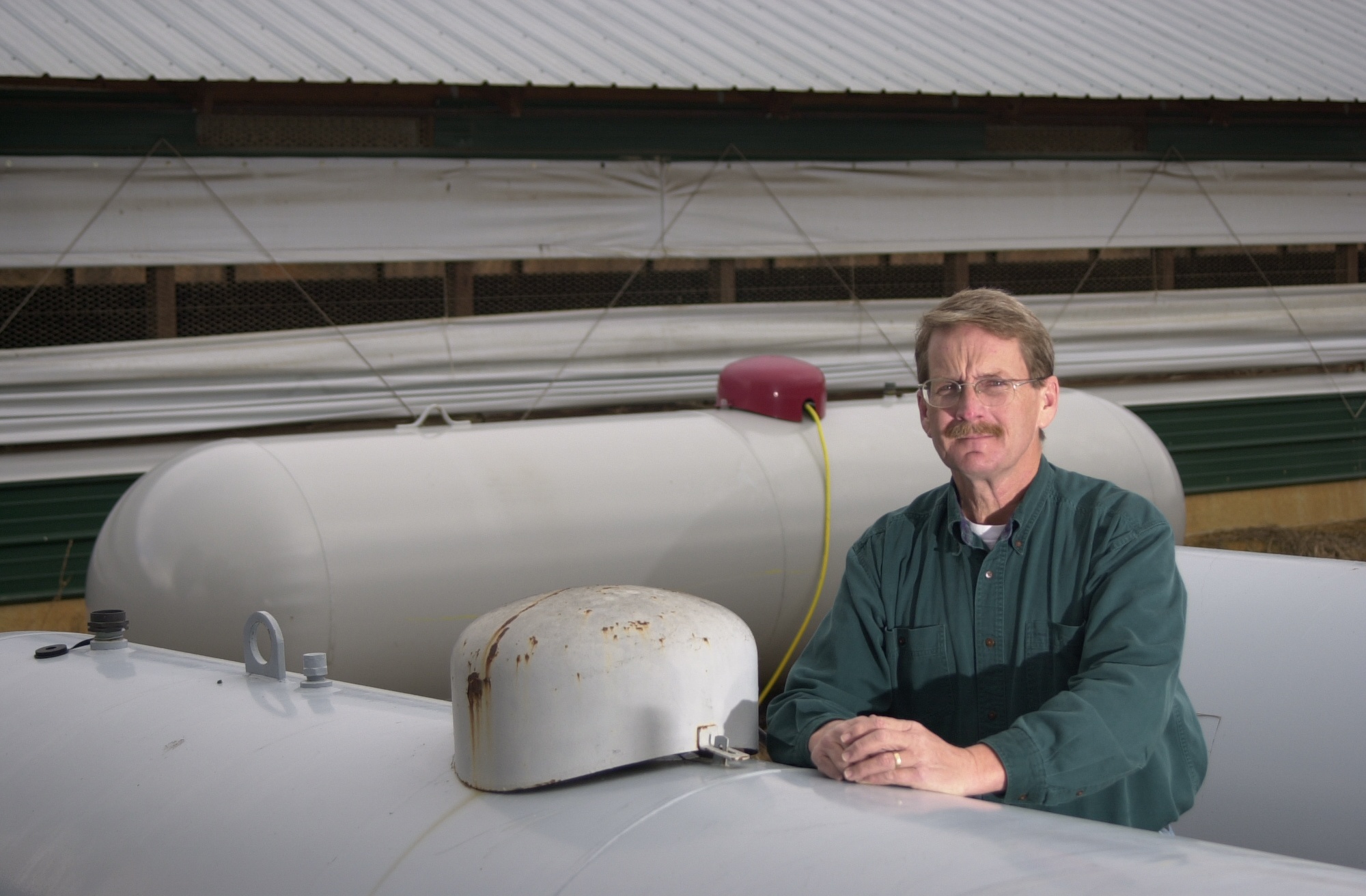LaFayette, Ga., has scaled down a plan to pipe natural gas to chicken houses in southern Walker County because of the expense - and that doesn't sit well with some chicken farmers.
Instead of installing seven miles of 4-inch gas lines to 28 chicken houses, the city plans to start with a 2-mile-long line that will reach four chicken houses.
"We would like to do a portion and start the first phase," City Manager Frank Etheridge said.
The scaled-back project is expected to cost $278,000 compared with the $960,000 estimated cost for the seven-mile pipeline. The City Council approved the scaled-back project this week.
The ambitious pipeline plans foundered on the city's request to have chicken farmers pay $100 a month per chicken house for 60 months in addition to the price of natural gas. The monthly premium was designed to make sure chicken farmers paid their share of the pipeline extension so the expense wasn't subsidized by the city's existing gas customers.
Most chicken farmers along the proposed route balked at the premium.
"We can't twist people's arms to participate," Etheridge said.
Since the shorter pipeline will be less expensive and LaFayette won't be under the gun to install it quickly, the city now won't have to charge the $100 monthly premium, Etheridge said.
Etheridge said he hopes that, within five to eight years, the city will be able to extend the pipeline slowly for the seven miles proposed initially.
Walker County chicken farmer Kip Jones isn't happy that he won't be getting natural gas for years from the city.
"I was real disappointed," Jones said. "It's either their way or the highway."
Jones, who voiced his displeasure at the City Council's meeting Monday night, has six chicken houses so the premium would have cost him $7,200 a year for five years.
The city previously provided gas without charging a premium to 10 chicken houses on Kemp Road and eight on Chamberlain Road, he said.
Jones' chicken houses are on Martindale Road about seven miles away from LaFayette's gas service, he said.
Jones said the city could provide gas lines without the premium and still make money, making the analogy that "I'm glad Walmart doesn't charge me for the building before they let me shop."
Chicken farmers need to raise baby chicks in an environment of at least 90 degrees when the chicks first arrive for a roughly 40-day stay during which they're fattened up into 3- and 4-pound broilers.
Most chicken houses use propane for heating, and Etheridge said natural gas is much cheaper. He estimated that chicken growers would have saved about $2,700 annually, even with the monthly $100 premium.

